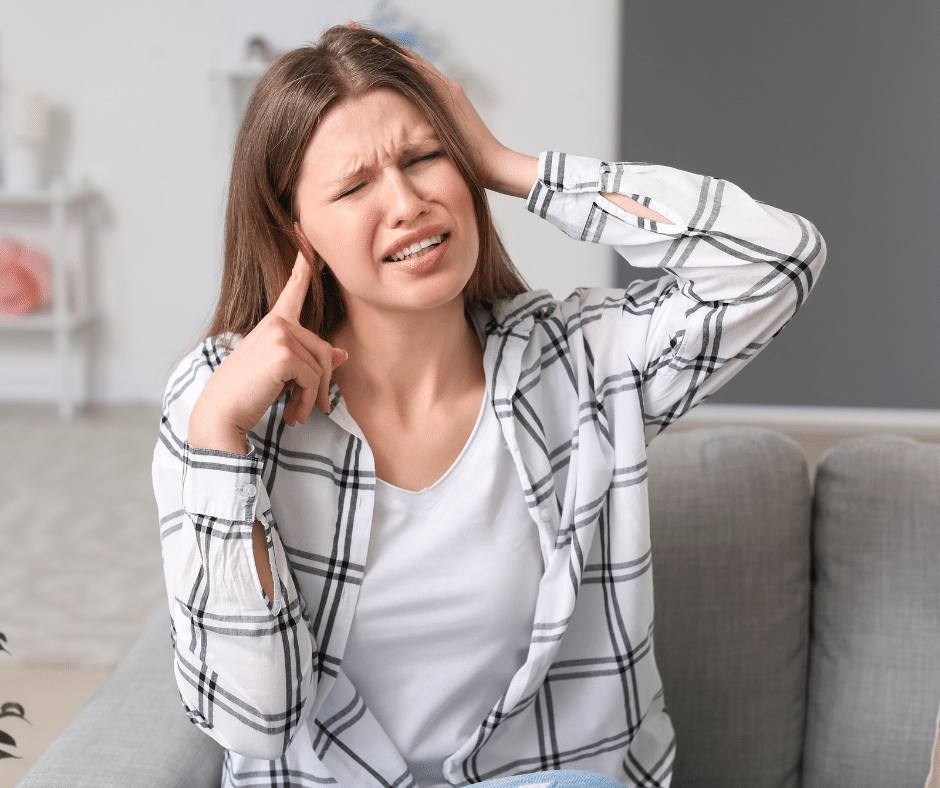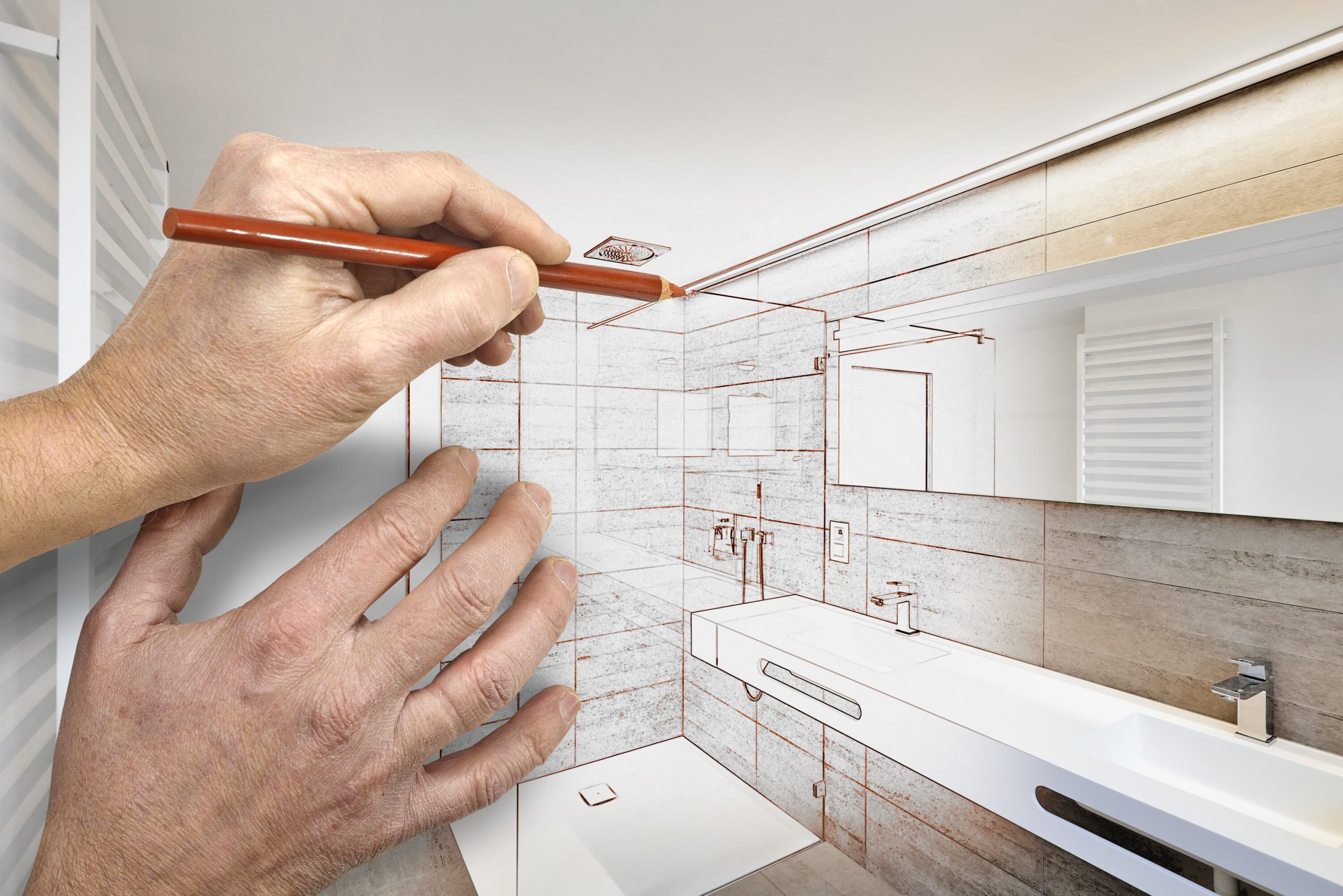
Can Heavy Rain Damage My HVAC Unit?
Summer in the Tennessee Valley often brings afternoon storms with heavy rain, gusting winds, and frequent lightning. When the sudden rain turns the streets into whitewater rapids, you may wonder if all this water falling so fast might be bad for your HVAC system. However, unless the rain leads to actual flooding, your HVAC should be fine.
The outdoor units of HVAC systems are designed to withstand heavy rain falling onto them. The electrical components are carefully sealed to protect them from outside moisture, and the regular airflow through the unit should dry out the rest of it effectively, even after a hard rain. Of course, it’s important that there’s nothing impeding this airflow. For instance, covering your unit with a tarp can actually make it more prone to rust because any moisture that gets inside will be trapped there.
On the other hand, while falling rain itself won’t hurt your HVAC unit, flooding can. If floodwaters are threatening your HVAC, the first thing to do is to shut the system off completely. If you’re not sure that you can do this safely, call a professional to help! Once the floodwaters recede, the unit will need to dry out completely and be inspected by a licensed HVAC technician before it is turned back on.
The Air Conditioning, Heating, and Refrigeration Institute (AHRI) strongly recommends that homeowners should replace HVAC systems damaged by flooding, rather than attempting to have them repaired. However, AHRI also notes that heat pumps and air conditioners are sealed systems and may make it through a flood without damage. A licensed HVAC technician can accurately assess whether the system has been damaged. If the system does not need to be replaced, then they can also disinfect the HVAC, which is necessary to prevent the growth of organic growth after a flood.
Ultimately, heavy rain won’t hurt your HVAC unless it leads to flooding. If flooding does occur, then you should shut off the unit and contact your trusted HVAC professionals so they can get you up and running again.


